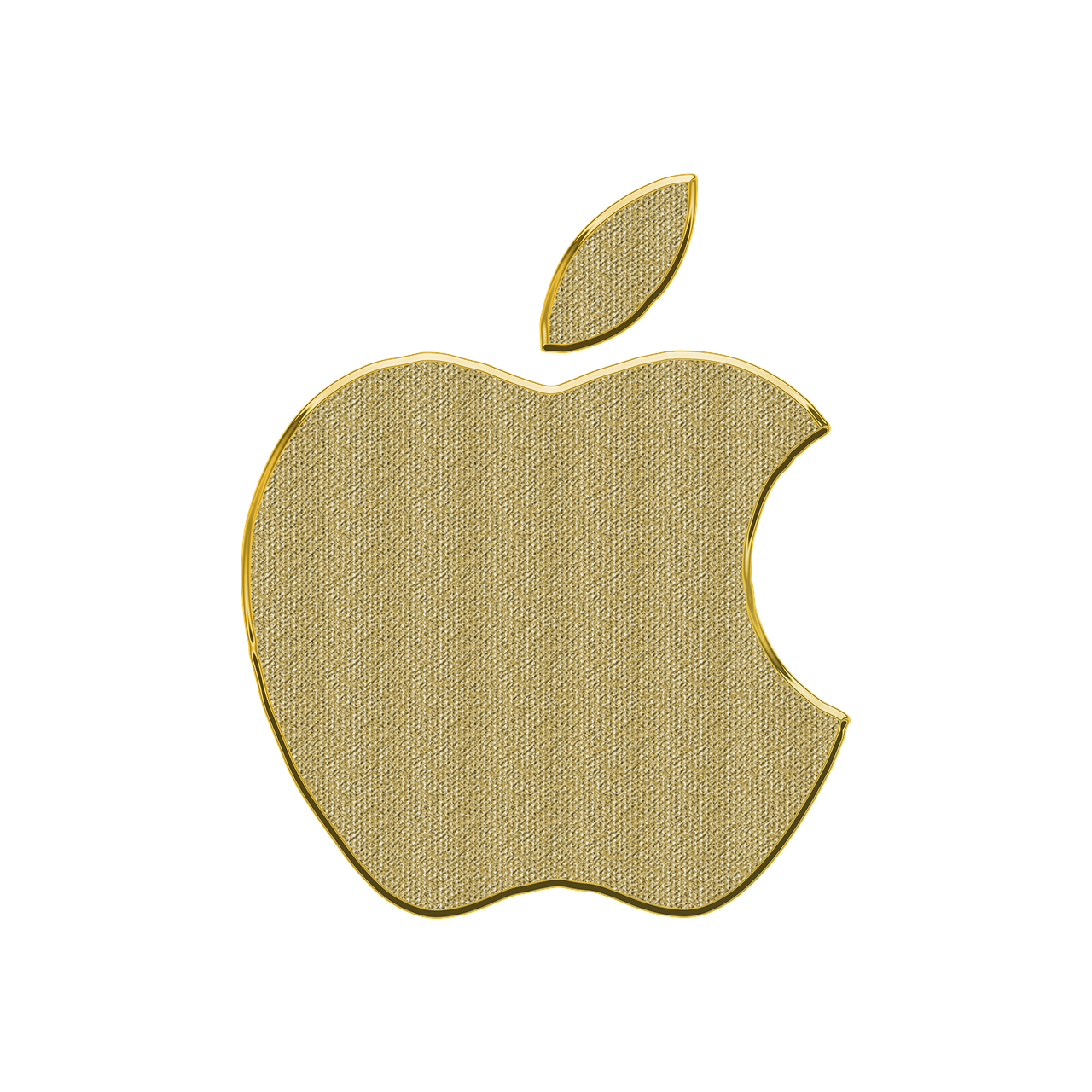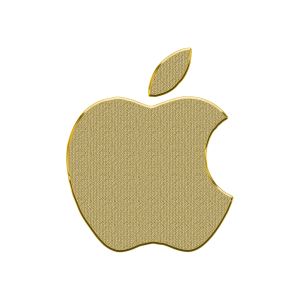Join Our Telegram channel to stay up to date on breaking news coverage
Apple has become the latest platform to ban the usage of the generative AI Chatbot, ChatGPT. The platform has restricted its employees from using ChatGPT due to fears of leakage or collection of their confidential data from the system.
A report by Wall Street Journal cited that an internal document to Apple employees banned the usage of Microsoft-backed ChatGPT and similar AI tools such as Bing and Bard. Notably, the employees have been warned against GitHub’s AI programming assistant Copilot. Copilot, is a Microsoft-owned application that automates writing software code.
However, the iPhone developers have every reason to be wary. By default, OpenAI stores all interactions between users and ChatGPT. These conversations are collected to train OpenAI’s systems. Moderators can inspect them for breaking the company’s terms and services.
Last month, Open AI launched a feature that enables users to turn off their chat history. Coincidentally, EU nations began investigating the tool for potential privacy violations. However, even with this setting enabled, OpenAI stores the conversations for 30 days with the option to review them for ‘abuse’ before permanent deletion.
Noteworthy, given the utility of ChatGPT for tasks such as improving code and brainstorming ideas, Apple has every right to be worried, as its employees will enter information on personal projects into the system. This information might then be seen by one of OpenAI’s moderators.
However, research indicates that it’s possible to extract training data from some language models using its chat interface. It is worth noting that there is no evidence that ChatGPT itself is vulnerable to attacks. Apple’s internal ban comes after the ChatGPT application debuted for iOS in the Apple app store on May 18.
OpenAI launches ChatGPT app for iOS.
Yesterday, OpenAI launched the official version of its AI-powered chatbot ChatGPT on Apple’s App Store. Nonetheless, it hinted that an Android version is coming soon. According to the May 18 announcement, the ChatGPT app syncs user chat history with its web version, features, and voice input supported by OpenAI’s speech recognition model Whisper.
According to a May 18 announcement, the ChatGPT app syncs user chat history with its web version and features voice input supported by OpenAI’s speech recognition model Whisper.
— Cointelegraph (@Cointelegraph) May 19, 2023
OpenAI noted that it’s rolling out the app for iPhone and iPad users in the United States. However, it will extend the services to other countries in the coming weeks. AI enthusiasts have tried to utilize ChatGPT’s features on their mobile devices for months. Many resorted to relatively complex workarounds to integrate the chatbot with the iPhone’s virtual assistant Siri.
So far, one of the simplest ways to access OpenAI’s software on a mobile device is to use Microsoft’s Bing app. It offers access to the company’s GPT-4-powered chatbot. According to reports, Apple’s App Store and the Google Play store have seen many apps purporting to provide a service similar to OpenAI’s ChatGPT. However, some have become copycat apps with an even higher subscription fee than ChatGPT. Pre-existing ChatGPT Plus subscribers will gain access to GPT-4’s capabilities and early access to newer features, and faster response times on their iOS devices.
Other companies that have restricted the use of generative AI Chatbot
Other than Apple, other large platforms have restricted internal use of ChatGPT. Some of them include Samsung and JPMorgan. On May 2, Samsung restricted the use of ChatGPT for its employees after the platform reportedly discovered such services were being misused. The South Korean technology giant confirmed that it is restricting the use of ChatGPT through the company’s personal computers. A memo informed the employees of one of Samsung’s most significant divisions of the move. Notably, Samsung asserted to its employees to take precautions when using ChatGPT and other products outside of work. Further, in the memo, workers were advised not to enter personal or company-related information into the services.
Verizon, a Telecom giant, also banned ChatGPT for its employees. Telecom’s executive noted to the employees that;
ChatGPT is not accessible from our corporate systems, as that can put us at risk of losing control of customer information, source code, and more. As a company, we want to embrace emerging technology safely.
On the other hand, other significant companies such as JPMorgan, Bank of America, Goldman Sachs, and Citi Group have notably banned the internal use of generative AI tools like ChatGPT. However, it is worth noting that most companies banning AI chatbots are in the process of creating their application.
Read More:
- OpenAI’s ChatGPT Creator Set to Release an Open-Source AI Model
- Love Hate Inu Lists on OKX and Huobi, Gains 3,000% as FOMO Kicks In – Next PEPE?
- Lebanon’s Soaring Inflation Rate Fuels Crypto Adoption Amid Economic Turmoil
- Bitcoin Price Prediction for Today, May 9: BTC/USD Threatens $27,000 Support; Price Slides Below $27,500
Join Our Telegram channel to stay up to date on breaking news coverage


